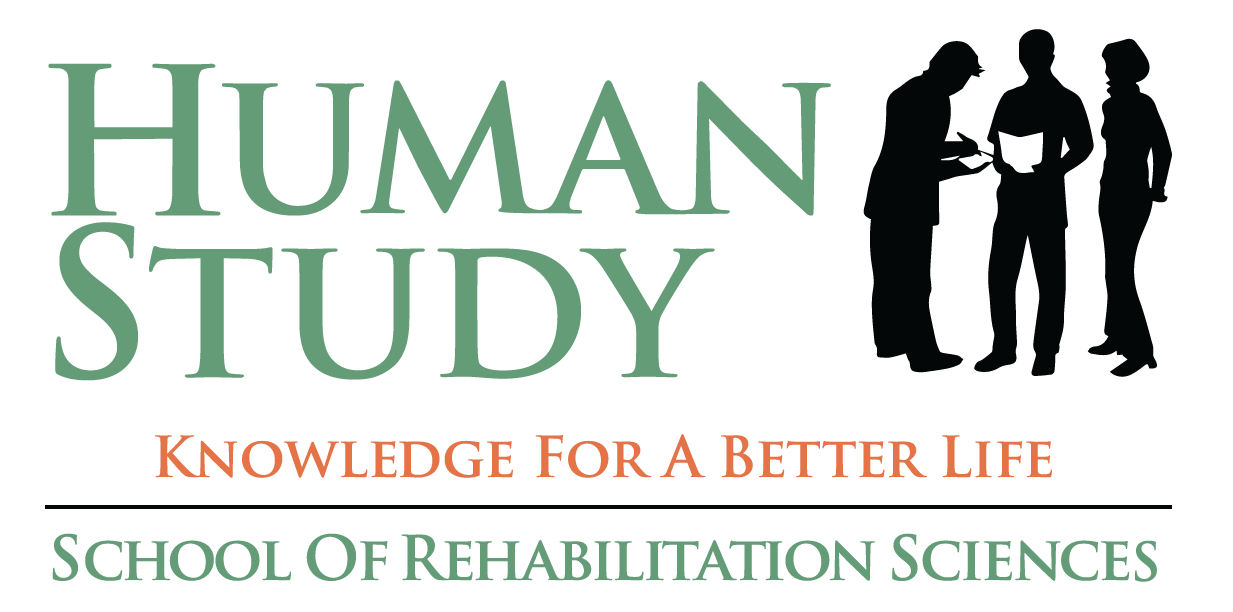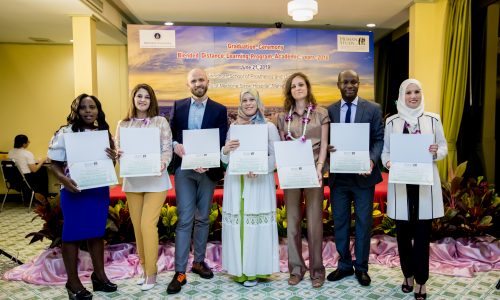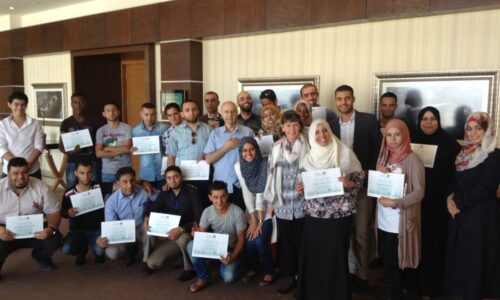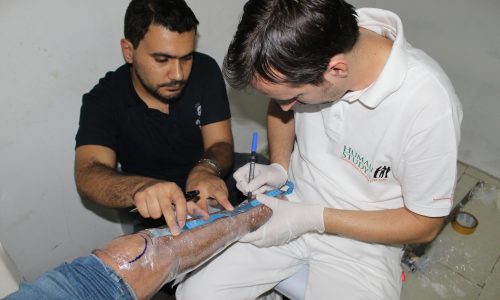#Unique model. We have developed a tailor-made blended learning didactic model specifically for use in P&O education. Thanks to that, we make education and professional development in prosthetics and orthotics accessible to anyone, anywhere in the world. Countries and areas where solutions for building up cadre in provision of assistive devices are urgently needed are usually also heavily affected by war, poverty and other disastrous circumstances.
#Home Access. For most part of the program, our students access their study materials and connect with their peers and teachers online. Thus means that they can learn from home or their office. It also means that our students can get an education even if they cannot travel outside of their country or even their town.
#Convenient locations. Practical part of the education is hands-on for which students have to be present at one location. This is a very important part in our educational programs and the only required presence time. For these workshops we choose locations that are easily accessible to students. This means that we come to our students, they do not need to come to us. In countries with restricted traveling possibilities, like Afghanistan, we collaborate with locally present partners (ICRC) to get to our students.
#Reduced costs. Blended learning has numerous benefits also for countries where traveling is not an issue – it reduces costs. With a low demand for traveling and absence from work, our students stay productive in their workshop facilities, treating patients, but also keeping a regular income for the entire duration of their education. Like that, both students and their employers have an advantage from blended learning.
#Connection. We connect globally dispersed students and teachers. The standard model of education requires physical presence of both students and teachers at one place over extended periods of time (months or years). In our programs, teachers and students can be anywhere. Students meet their peers and their teachers online. This makes it easier for us to bring in some of the best trainers and teachers in the world to train our students. The input our students receive through that is priceless.
SUSTAINABLE SOLUTIONS FOR ACCESSIBLE EDUCATION
Our educational programs prepare students for work with patients in REAL LIFE CIRCUMSTANCES. With the improvement in professional knowledge and skills, our students directly and immediately improve the quality of their daily work already during their studies. This has a direct impact on the lives of people with disabilities who depend on P&O services from our students and their companies and institutions. This is particularly important for regions and countries where the need for qualified personnel is increased, due to wars and other circumstances. However, our impact is not limited to humanitarian projects and stands as alternative to the standard presence-based model of education anywhere in the world.
Our programs are developed for practitioners who are already on the job, working in production of assistive devices. The educational outcomes of our programs are seen in the improvement of professional knowledge and skills in our students, but also in their ability to train others, even newcomers to the profession. The skills and knowledge learned are applied directly on daily work with patients. With that, the quality and outcomes of our students’ daily work are improved and a direct impact on the lives of people with disabilities who depend on P&O services from our students is achieved.
We provide educational opportunities in all segments of the prosthetics and orthotics profession, and on all levels of professional qualification. Our quality standards are aligned with the international standards of education set forth by the International Society for Prosthetics and Orthotics (ISPO). We maintain a balance in keeping both the practical and the academic training in focus. ISPO accredited our first program in 2010 and since then we have remained an official ISPO accredited P&O school.
We designed BLENDED LEARNING programs which achieve high quality outcomes in both knowledge of relevant theory, and development of practical skills in patient treatment, because we know that both of these are essential qualities of a P&O professional.
We created this methodology because our aim is to react on requests from groups from all around the world and adapt to their needs. In matters of educational opportunities, it is our vision that nobody should be disadvantaged. Our programs can be applied anywhere and anytime, and for any group of students.
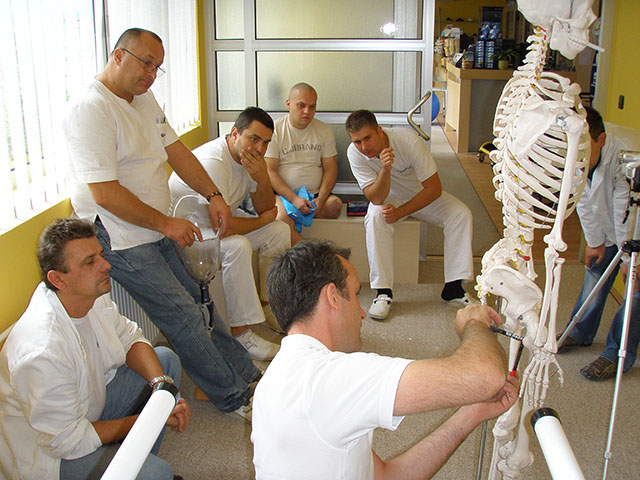
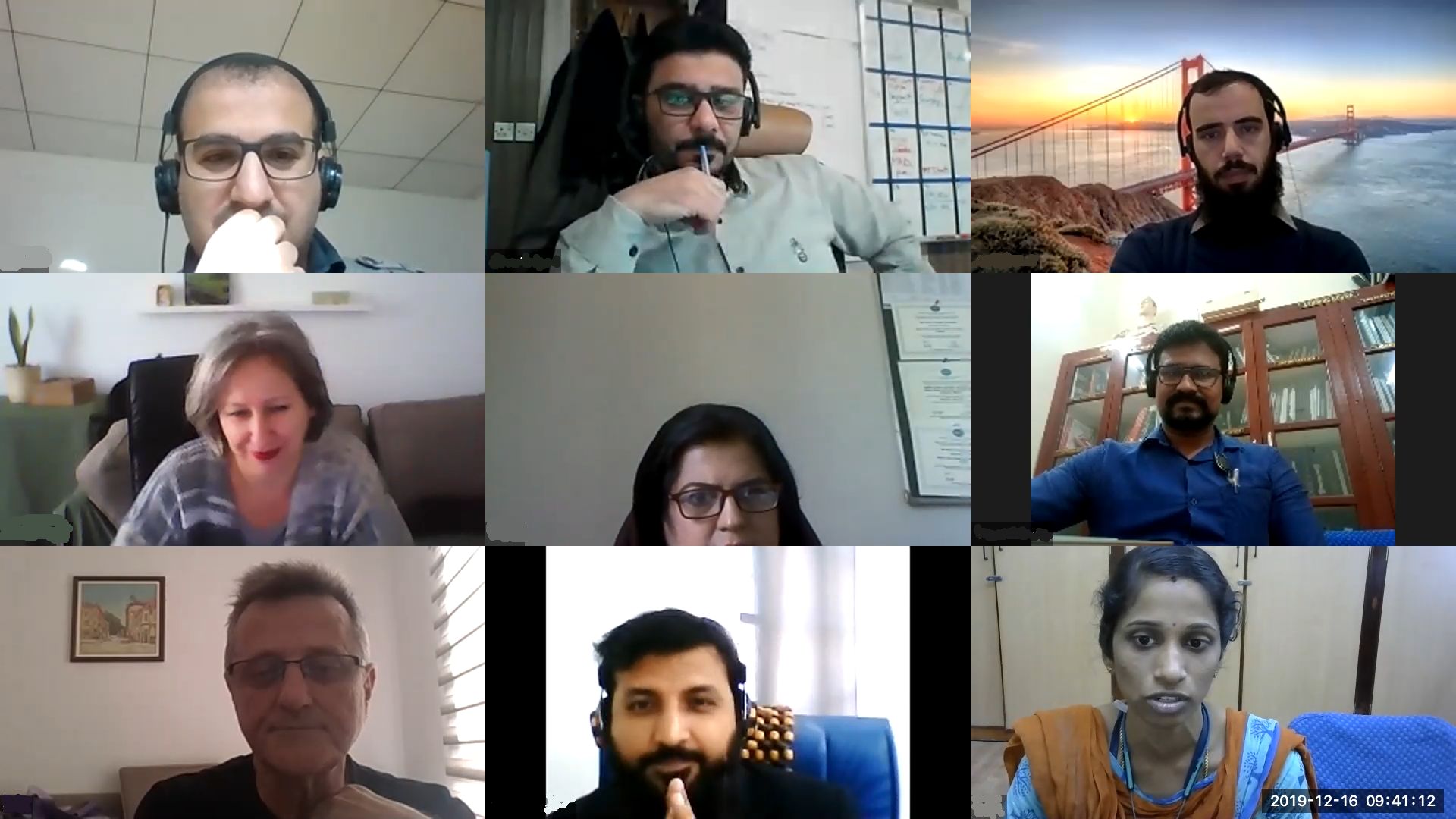
We have educated professionals in regions and countries where no national training program in P&O exists and the need for qualified personnel is increased, due to wars and other circumstances. Our programs are applicable everywhere as an alternative to the standard presence-based model of education.
